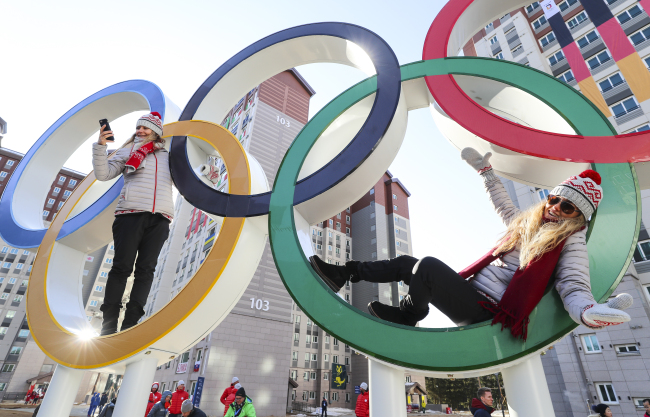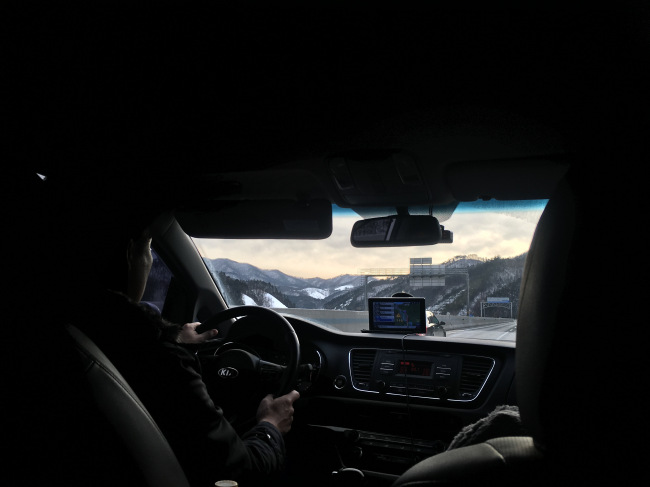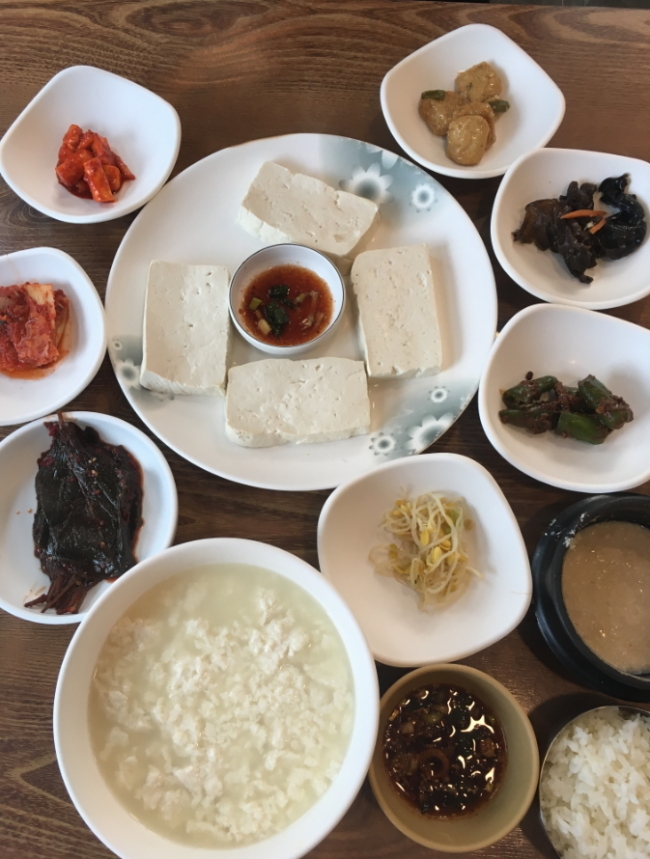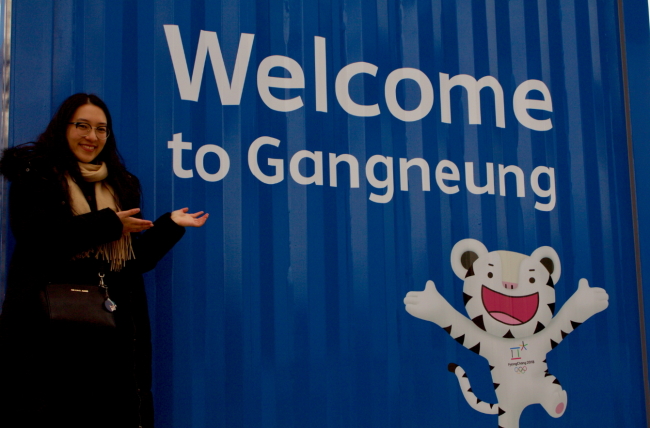[PyeongChang 2018] Tips from a first-timer in South Korea: Travel essentials for the Winter Olympics
By Korea HeraldPublished : Feb. 8, 2018 - 15:03
With just a couple days to go until the 2018 Winter Olympics, those of you visiting South Korea for the first time should get acquainted with some travel essentials. Especially if your to-do list doesn’t include getting hypothermia or ending up in Pyongyang.

Ditch what you already know
As foreign visitors, there will always be the inevitability of language barriers and cultural differences, as well as getting hopelessly lost. But eventually, you’ll find that getting around is much easier than anticipated, especially if you’re in Seoul, the heart of it all.
The first thing you should do is ditch Google Maps, the beacon of hope for many travelers, as it is nearly useless in South Korea, save for its public transport feature. The best option locally is Kakao Map, which allows you to search in both English and Korean and offers reliable public transport data.
Next, you want to purchase a T-money or Cashbee card and load it with credit at a convenience store. Think of these cards as your gateway to the public transport system in South Korea, allowing you easy access to public buses, subways and even taxis.
If you’re okay with paying a little extra and find yourself struggling to hail a taxi in real life, use Uber Black over Kakao T, the equivalent of UberX here, as it tends to be more foreigner-friendly.

Lost in translation
In any foreign country, it’s essential to learn the basics of the official language. It’s possible to get away with using Google Translate and just speaking English in South Korea, but it’ll make your life a ton easier to familiarize yourself with the Korean alphabet and learn some basic Korean phrases, like “annyeonghaseyo” (hello) and “gamsahamnida” (thank you).
Language apps like Hangeul 10, Drops, LingoDeer and Duolingo are super fun to use and really do speed up the learning process. A little effort goes a long way!
When it comes to communicating in South Korea, since international roaming often leads to painful phone bills, buying a prepaid SIM card either online or at a major convenience store is the way to go. If you’re a short-term visitor, it’s ideal to purchase an unlimited data-only SIM card from telecom KT. But if you’re planning to stay longer, it’d be better to get one that also includes calls and texts.
Finally, get a KakaoTalk or Line account! These messenger apps are all the rage here, and you might even get your hands on some of the super cute merchandise.
Do your research on food
Vegetarians should rest assured that Gangwon Province is known for a range of meat-free local dishes, including tofu dish chodang sundubu and potato dough soup gamja ongsimi. But it’s best to do your research first and clarify the ingredients of your meal with the restaurant. For the particularly strict, seemingly vegetarian dishes like stews or ramen sometimes contain a meat broth, while even the ever-present kimchi typically involves seafood.
Not many ordinary restaurants in South Korea will offer abundant options for vegetarians, though pescatarians will fare much better. But most can do a meat-free version of bibimbap, kimbap or japchae on request. For a safer bet, check out Itaewon or Insadong in Seoul for vegetarian and vegan-friendly dining!

Brace yourself, winter is coming
This one should be obvious. The month of February is freezing in South Korea, especially in Gangwon Province, home to the Winter Olympics and the country’s coldest region.
If you’re attending the Olympic ceremonies, get ready for the biting chill in PyeongChang Olympic Stadium, which lacks a roof and central heating. In an effort to combat the subzero temperatures, organizers will be handing out ceremony kits containing blankets, knit caps and heat packs to keep you warm.
To ensure you have a toasty time at the games, bring a thermos, layer up with plenty of thermals underneath a padded or down-filled parka, and stock up on instant hot packs. This is no exaggeration -- these Winter Games are forecast to be the coldest yet!

PyeongChang, not Pyeongyang
It may be a little confusing, but the venues for the games are actually spread out across Gangwon Province, rather than concentrated in PyeongChang itself. In fact, PyeongChang is where you’ll find most outdoor sports, but you’ll find indoor ice sports in Gangneung and alpine skiing in Jeongseon.
For those staying in Seoul, you can still reserve your KTX train ticket to either PyeongChang or Gangneung Station online through Korail.
You should also download Go PyeongChang, the official transport app, which will connect you to all your transportation options for the games.
In a nutshell, ensure you plan ahead for the games to make the most of your Winter Olympics experience. Most importantly, have fun, and remember, it’s PyeongChang, not Pyeongyang!
By Sylvia Lee (sylvia.lee@outlook.com.au)
-
Articles by Korea Herald




![[Herald Interview] 'Amid aging population, Korea to invite more young professionals from overseas'](http://res.heraldm.com/phpwas/restmb_idxmake.php?idx=644&simg=/content/image/2024/04/24/20240424050844_0.jpg&u=20240424200058)













![[KH Explains] Korean shipbuilding stocks rally: Real growth or bubble?](http://res.heraldm.com/phpwas/restmb_idxmake.php?idx=652&simg=/content/image/2024/04/25/20240425050656_0.jpg&u=)

